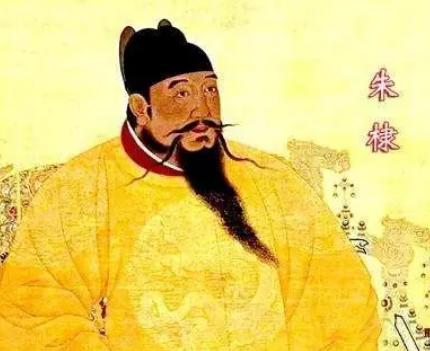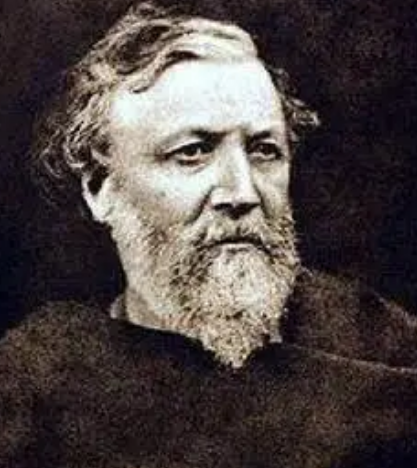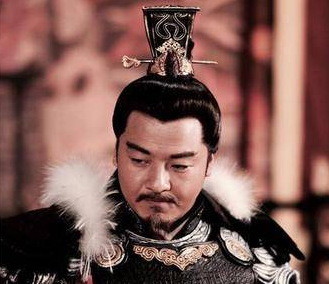In the history of China, the collapse of the Cao Wei regime and the establishment of the Jin Dynasty can be traced back to a coup, which is the Coup of Gaopingling. The mastermind of this coup was Sima Yi. He suddenly launched a coup while Cao Fang, the emperor of Cao Wei, was outside the city worshiping Gaopingling. He successfully eliminated the enemy forces of Cao Wei, took sole control of the power, and controlled the Cao Wei regime, laying the foundation for the establishment of the Jin Dynasty later.

However, before Sima Yi launched the coup, three famous generals of Cao Wei successively died, leaving no one to oppose Sima Yi. If one of them had been alive at that time, Sima Yi would have had to think twice.
The first to die was Huang Quan. Huang Quan was an important general of Cao Wei, and his death caused great losses to the military strength of Cao Wei.
The second to die was Man Chong. Man Chong's death left an opportunity for Sima Yi, who took advantage of the situation to control the Cao Wei regime.
The third to die was Zhao Yan. Zhao Yan was an important official and a general who could command troops of Cao Wei. In the sixth year of Zhengshi (246 AD), Zhao Yan was promoted to Sikong, one of the three highest officials, but died a few months later. His death made the Cao Wei regime more vulnerable and paved the way for Sima Yi's coup.
If any one of these three famous generals had been alive at that time, the fate of the Cao Wei regime might have been different. When Sima Yi launched the coup, the generals who held military power might have stood up to resist, so that the Cao Wei regime might have maintained stability during Sima Yi's coup and not been controlled by Sima Yi.
Disclaimer: The above content is sourced from the internet and the copyright belongs to the original author. If there is any infringement of your original copyright, please inform us and we will delete the relevant content as soon as possible.
































